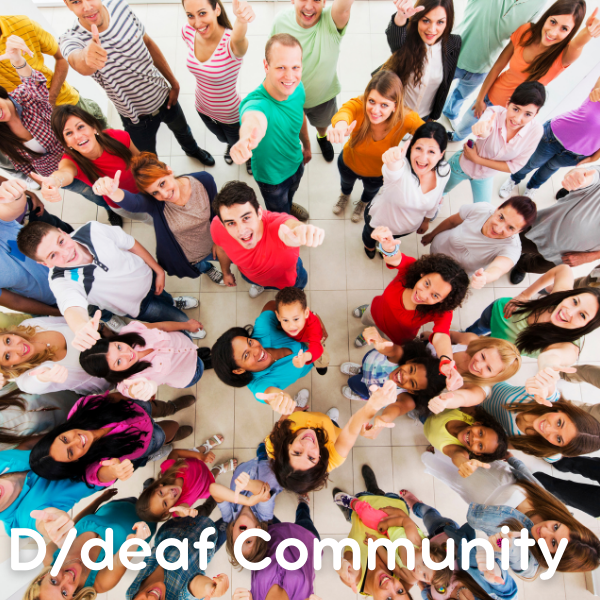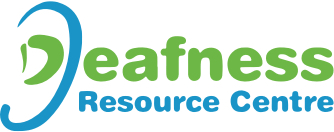
Deaf clubs and community groups play a crucial role in fostering a sense of belonging, empowerment, and support for individuals who are D/deaf or hard of hearing. These gatherings provide a space where members of the D/deaf community can come together, share experiences, and access valuable resources. In this article, we’ll explore the numerous benefits that D/deaf clubs and community groups offer to individuals in the UK.
Social Connection and Friendship
D/deaf clubs and community groups offer a unique opportunity for individuals with hearing impairments to socialise and build meaningful friendships. These gatherings create a supportive environment where members can communicate freely using sign language and feel understood without the barriers often encountered in mainstream society.
Cultural and Linguistic Preservation
D/deaf clubs are often hubs for celebrating D/deaf culture and sign language. They help preserve and promote British Sign Language (BSL) as an essential part of the UK’s cultural heritage. Members can share stories, traditions, and art forms unique to the D/deaf community.
Education and Awareness
D/deaf clubs frequently host workshops, seminars, and educational sessions to empower their members with valuable knowledge. These sessions cover topics such as communication strategies, assistive technologies, and legal rights. Additionally, they raise awareness about the challenges faced by the D/deaf community, promoting understanding and inclusivity.
Support and Advocacy
D/deaf clubs and community groups often serve as platforms for advocacy. They work tirelessly to improve access to services, facilities, and resources for the Deaf and hard of hearing. By uniting their voices, members can influence policies and practices at local, regional, and national levels.
Emotional and Mental Well-being
Living with hearing loss can be isolating, leading to feelings of loneliness and depression. D/deaf clubs offer a safe space where individuals can openly discuss their challenges and experiences, reducing feelings of isolation. This emotional support is invaluable for overall mental well-being.
Career and Skill Development
Many deaf clubs and community groups offer opportunities for career development and skill-building. Workshops and training sessions can help members acquire new skills or advance their careers, ultimately enhancing their quality of life.
Celebration and Recreation
D/deaf clubs often organise social events, sports activities, and cultural outings. These gatherings allow members to celebrate their achievements and enjoy recreational activities with a like-minded community, fostering a sense of joy and belonging.
Access to Information and Services
D/deaf clubs are excellent resources for sharing information about accessible services, including healthcare, education, and government programs. They can help members navigate these systems, ensuring equal access for all.
D/deaf clubs and community groups in the UK are more than just meeting places; they are lifelines for individuals who are deaf or hard of hearing. These gatherings provide an essential sense of community, support, and empowerment. As they continue to thrive and evolve, they contribute significantly to the overall well-being and inclusivity of the D/deaf community in the United Kingdom, making it a richer and more diverse society for all.
At Deafness Resource Centre we have a range of activities, supports groups and events taking place. Check our What’s On Page regularly for the latest events and happenings.

